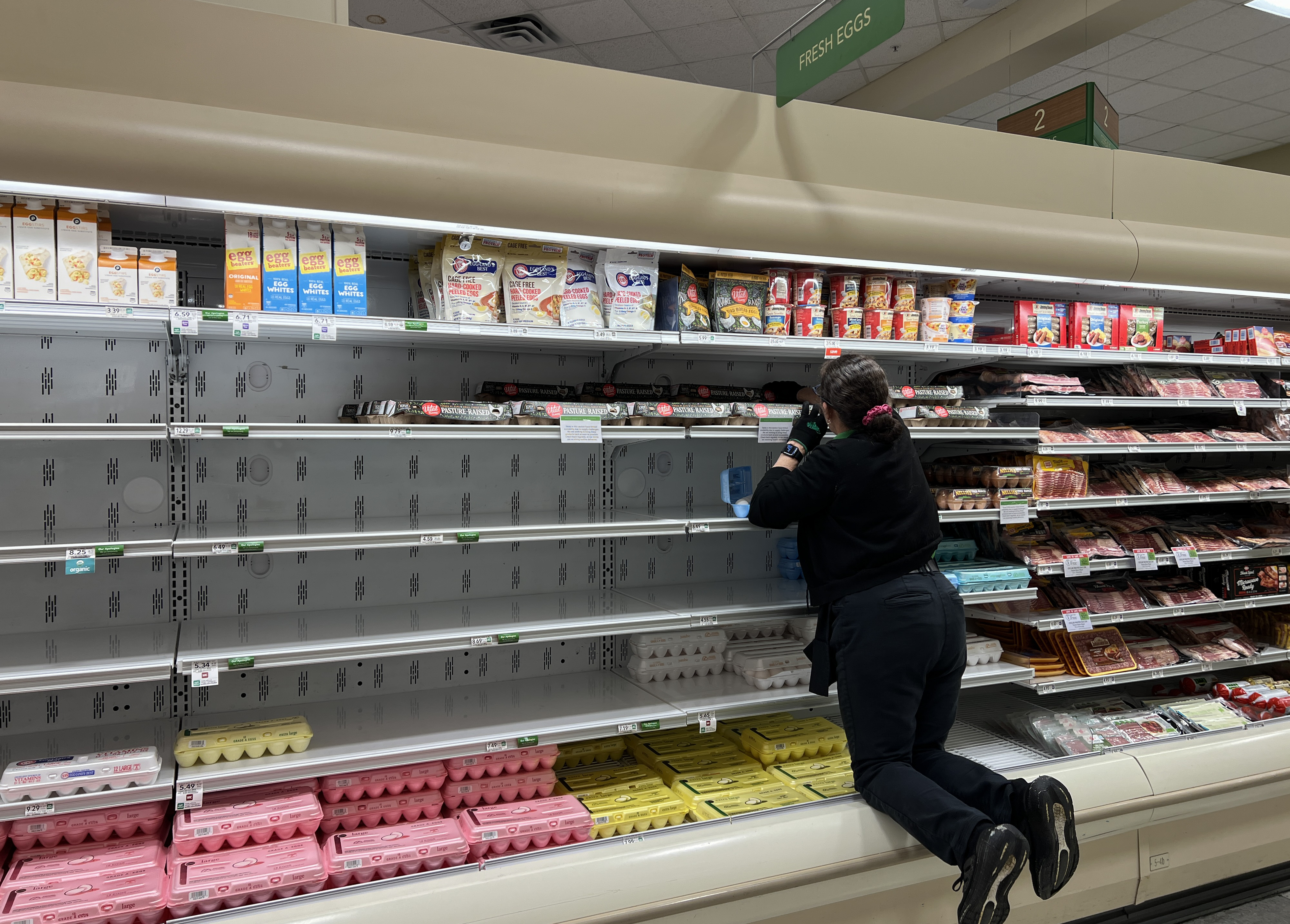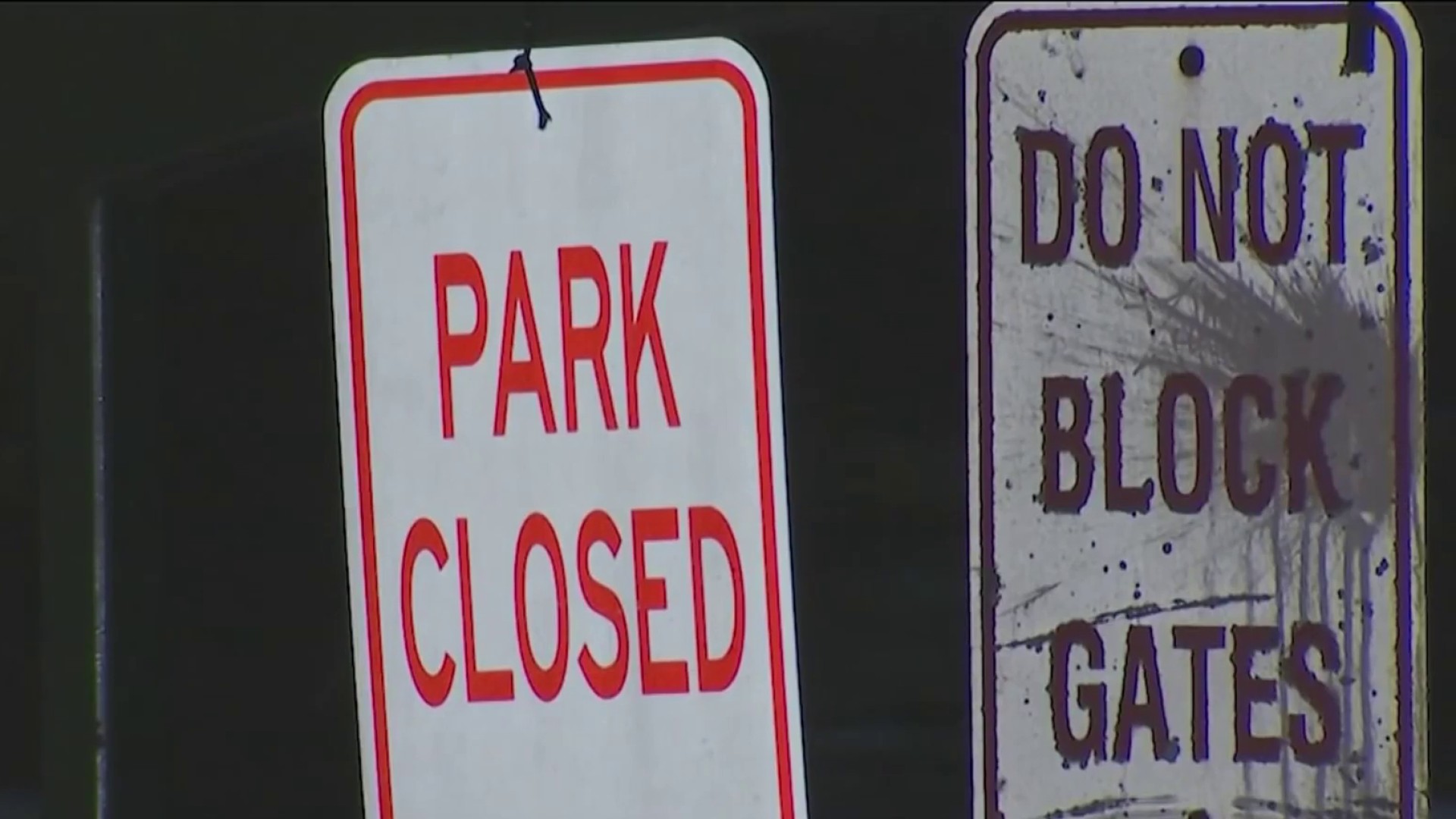The Bay State is seeing the biggest outbreak of the avian flu since 2021.
State environmental and health officials said Wednesday that bird flu is suspected to be the cause of death in cases of both wild and domestic birds in several Massachusetts communities.
As a result of these cases, the Division of Fisheries and Wildlife, the Department of Agricultural Resources and the Department of Public Health are advising the public to refrain from handling birds or other animals that are dead or appear sick, and to report any suspected cases to the state.
WATCH ANYTIME FOR FREE
Stream NBC10 Boston news for free, 24/7, wherever you are. |
State officials said they have seen recurring incidents of bird flu since early 2022, but this month, a bird flu outbreak is suspected of causing the death of dozens of Canada geese, swans and other birds at Plymouth's Billington Sea.
A park in Brockton was also closed last weekend due to a potential bird flu outbreak, and a swan and Canada goose were found dead at a pond in Hudson as well.
Get updates on what's happening in Boston to your inbox. Sign up for our News Headlines newsletter.
"Evidence suggests that [avian flu] is widespread in Massachusetts and is likely present even in places where there has not been a confirmed positive," state officials said in a release Wednesday. "State officials are working with partners to test suspected cases and collaborating with municipalities to safely dispose of dead birds."
Residents are being asked to report observations of sick or dead birds to MassWildlife if five or more birds are found at a single location at the following link: mass.gov/reportbirds. Sick or dead poultry or other domestic birds should be reported to the Department of Agricultural Resources' Division of Animal Health at 617-626-1795 or online at mass.gov/reportpoultry.
Billington Sea, the pond with the most high-profile outbreak, was cleaned up as of Wednesday, with 71 waterfowl removed in all, according to the town.
"The weather conditions have been an impediment at some of those locations. The ice hasn't been deemed safe to access carcasses there, so we've been waiting for improved conditions," state ornithologist Andrew Vitz said.
State health officials said humans are rarely infected with bird flu viruses, but people who have direct contact with infected animals are the most at risk of becoming infected.
The best way to avoid becoming infected, they said, is to avoid handling birds or other wildlife -- especially sick or dead birds or other animals. Dogs or other pets should also be leashed and kept away from wildlife. Cats are highly susceptible to bird flu and could die from an infection. Cat owners in affected areas should keep their pets indoors to prevent exposure to infected wildlife. And while eating wild game meat is generally considered safe, the state provides a series of bird flu tips for hunters to use when handling and processing game.
Livestock and poultry owners are also urged to take steps to prevent domestic flocks from mixing with wild birds, particularly wild waterfowl, feathers and droppings. They also said new birds should be completely isolated for at least a month before being added to a domestic flock.




